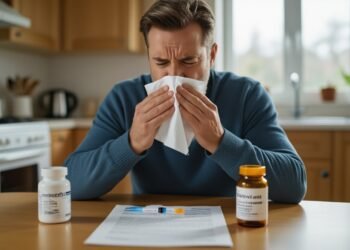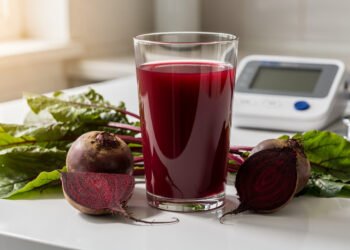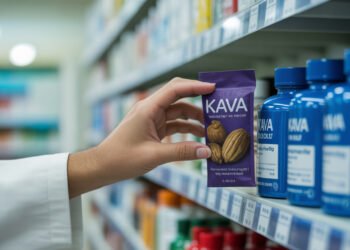On Cracking Addiction this week
The natural history of opioid use is characterised by the development of dependence relatively rapid after 6-8 weeks of regular use or many years of intermittent use and once dependent users may struggle to control their use for substantial proportions of their lives.
The terms dependence and addiction are often used interchangeably but theses terms actually refer to two different phenomena. Dependence refers to a physiological response and is characterised by tolerance to a substance and withdrawal symptoms when one cannot access this substance. It is characterised by a neuroadaptation to this substance.
Addiction refers compulsive and uncontrollable use of a substance even in negative circumstances and even when harms are occurring due to this substance usage. Thus one can be dependent on a substance and not addicted and one can use opioids prescribed or illicitly and not have an opioid use disorder.
The criteria for opioid use disorder is listed below and:
-
meeting 2-3 criteria characterises mild opioid use disorder
-
meeting 4-5 criteria characterises moderate opioid use disorder
ADVERTISEMENT -
meeting 6-11 criteria characterises severe opioid use disorder
Opioid use disorder (DSM-5)
2-3 criteria mild, 4-5 moderate, 6-11 severe opioid use disorder
-
1. impaired control over use
-
2. Great deal of time spent obtaining, using or recovering from effects of opioids
-
3. Craving or compulsion to use
-
4. Unsuccessful attempts to cut down on use
-
5. Preoccupation with opioid use to the detriment of all other responsibilities
-
6. Continued opioid use despite negative repercussions
-
7. Social, occupational or recreational activities abandoned due to opioid use
-
8. Recurrent opioid use in physically hazardous situations
-
9. Tolerance
-
10. Withdrawal or use of opioids to prevent withdrawal
-
11. Persistent use despite clear evidence of physical or psychological adverse consequences
The ICD 11 criteria for substance dependence recognises that this is a disorder of regulation and requires that two out of three of the following themes need to be present for a diagnosis of substance dependence to be made and that is:
-
impaired control
-
increasing priority of substance use over all other priorities
-
presence of some physiological features whether that be tolerance, withdrawal or neuroadaptation.
Thus one can see that dependence and addiction are two quite different phenomena and how important it is to be clear in our definition and language when discussion both addiction and dependence.

























